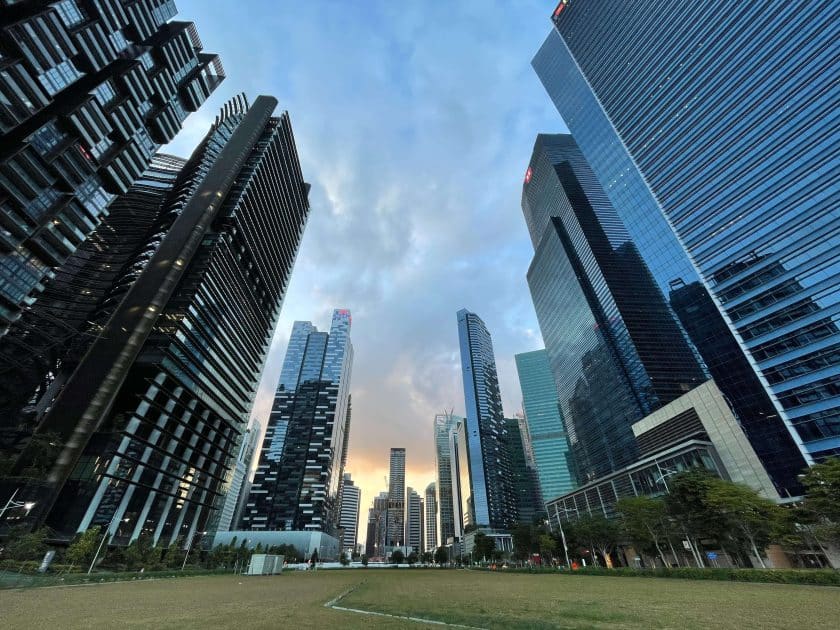
Singapore will mandate climate-related disclosures for all listed firms starting from the financial year 2025, with large non-listed firms required to follow suit two years later.
Do check out our list of Business Insurance and have time to try their services.
Minister for Transport and Second Minister for Finance Chee Hong Tat announced that starting from the financial year 2025, all listed companies in Singapore will be obligated to make climate-related disclosures. These disclosures are to be based on local reporting standards aligned with the International Sustainability Standards Board, a global accounting standards body.
Starting from the financial year 2025, all listed companies in Singapore will be mandated to make climate-related disclosures, based on local reporting standards aligned with the International Sustainability Standards Board. Furthermore, large non-listed companies, defined by annual revenues of at least S$1 billion and total assets of at least S$500 million, will be subjected to the same requirement from the financial year 2027.
This phased implementation is a result of a public consultation conducted by the Sustainability Reporting Advisory Committee, jointly formed by the Accounting and Corporate Regulatory Authority and the Singapore Exchange Regulation. The decision to introduce mandatory climate disclosures for both listed and non-listed firms was influenced by similar measures in jurisdictions like the European Union and New Zealand.

Currently, only listed firms in five prioritized industries are required to provide full climate-related disclosures, while others disclose on a “comply-or-explain” basis. The new rules will also necessitate both listed and large non-listed companies to obtain external limited assurance on their scope 1 and scope 2 emissions two years after the mandatory reporting requirements take effect.
Scope 1 emissions encompass a company’s direct emissions, originating from sources like manufacturing facilities or company vehicles. On the other hand, scope 2 emissions cover indirect emissions arising from the purchase of electricity. Additionally, there are scope 3 emissions, which typically involve indirect emissions from entities across a company’s value chain. These can include purchased goods and services, business travel, commuting, waste disposal, and water consumption.
While scope 3 disclosure offers a comprehensive overview of a company’s emissions, Minister for Transport and Second Minister for Finance Chee Hong Tat suggested a phased approach considering the readiness of companies before introducing such requirements. As a result, only listed companies will be mandated to disclose their scope 3 emissions from the financial year 2026.
Non-listed firms, including large ones, will have more time to develop capabilities for such disclosures, and they will not be required to do so before the financial year 2029. The minister emphasized considering the industry’s readiness and implementation experience from listed companies before deciding on scope 3 disclosures for non-listed companies. If the decision is made to proceed with scope 3 disclosures, companies will be given at least two years’ notice.
Minister for Transport and Second Minister for Finance Chee Hong Tat highlighted that a decision hasn’t been made regarding whether to extend the new mandatory climate reporting rules to smaller non-listed firms. ACRA will review in 2027 whether to extend the requirements to smaller non-listed companies, and authorities will provide sufficient notice in advance.
Acknowledging that some companies may have already begun sustainability reporting using other internationally recognized standards and frameworks, these firms will be granted a three-year transitional period exempting them from the new requirements. The government is intensifying efforts to support both large and small companies in their green transition, including assistance in developing sustainability reporting and assurance competencies. The Ministry of Trade and Industry will provide more details on the support measures.




